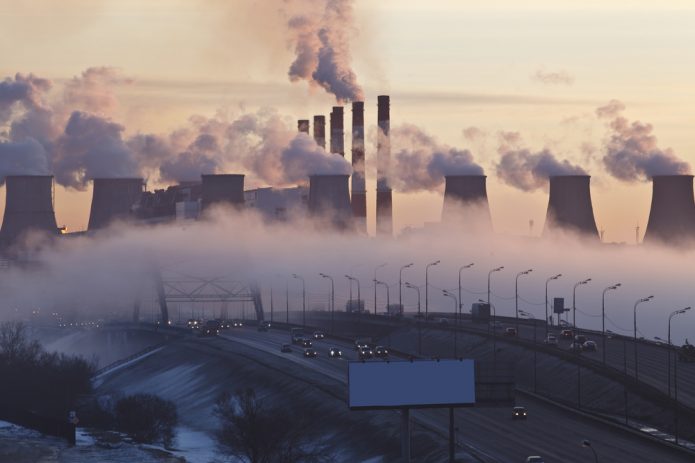
(Image: Shutterstock)
On December 14, the city council in Portland, Oregon, voted unanimously to set “the first stone in a green wall across the West Coast,” in the words of Mayor Charlie Hales. He was referring to a groundbreaking new zoning ordinance that effectively bans all new fossil-fuel-export infrastructure within the city’s limits—including new port facilities for shipping coal, and holding tanks for oil and natural gas—and prevents existing facilities from expanding. The vote marks a hard-fought victory for local activists and environmental groups. And, in anticipation of the Trump administration’s pro–fossil fuel agenda, it signals to other cities that innovative action to counter climate change is still possible at a local level.
Hales wasn’t always so supportive of building a “green wall” against fossil-fuel exports. In fact, the two-year-long grassroots campaign that led to the new zoning ordinance began in opposition to Hales’s initial support for a $500 million propane export facility proposed by the Pembina Pipeline Corporation, the largest pipeline company in the Canadian tar sands. Local opponents—who organized themselves into a group calling itself the Climate Action Coalition—bird-dogged Hales at local events, photo-bombing him with their protest signs. They posted a caricature of Mayor Hales with the name “Fossil Fuel Charlie for Mayor” on Portland State University’s campus. On Earth Day 2015, coalition members briefly took over City Council proceedings, bearing giant cardboard cutouts of councilors’ faces and talk bubbles showing quotes in which they’d pledged to act swiftly on the climate crisis.
Facing the choice between the propane-export terminal—the single largest business proposal in Portland history—and a well-organized pack of activist opponents, who submitted thousands of letters, e-mails and calls to City Hall, as well as Portland-area scientists who produced voluminous reports highlighting the potential catastrophe posed by mile-long trains filled with propane traversing the city’s rails each day, Hales finally surrendered: He took the Pembina propane-terminal proposal off the city’s docket.
Then Hales proposed a further step, supporting the call from the Climate Action Coalition for no new fossil-fuel-export infrastructure anywhere in the city’s limits. In October of 2015, Hales gave up a reelection bid and devoted the remainder of his time in office to passing his priority campaigns. That November, the first non-binding resolution opposing all new fossil-fuel infrastructure passed the City Council. Fast forward to December 2016: Two weeks before the end of his term, Hales succeeded in passing the strongest land-use ordinance opposing new fossil-fuel-export infrastructure in the country.
…
